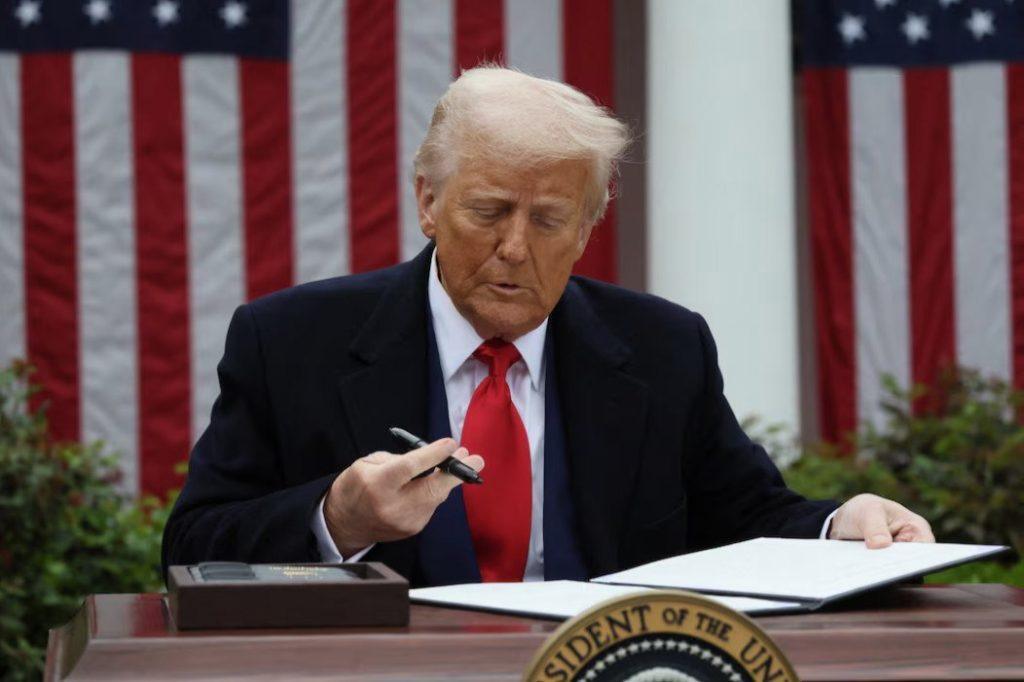Greece is preparing to formally request the exclusion of its defense expenditures from future fiscal calculations under the European Union’s updated budgetary framework. The move, known as invoking the “escape clause,” was confirmed on Tuesday, April 29, by National Economy and Finance Minister Kyriakos Pierrakakis during an interview on state broadcaster ERTNews.
According to the minister, the Ministry of Finance was scheduled to send the request letter later in the day. The exemption is seen as a necessary step to secure fiscal space for covering ongoing and planned defense spending, especially as the country prepares for a significant increase in military-related costs over the coming years.
Spending is projected to rise by approximately 500 million euros between 2025 and 2026, as part of a comprehensive multi-year defense program already outlined by the government. If approved, the exemption would allow this amount to be excluded from the EU’s annual spending cap calculations, giving Greece more flexibility in meeting other budgetary priorities.
Pierrakakis highlighted that the European Union’s fiscal framework has evolved, moving away from the rigid requirement for consistently high primary surpluses and toward a model focused on annual expenditure limits. Member states, including Greece, now agree on a predetermined level of public spending each year, which can only be exceeded under specific circumstances such as natural disasters or targeted policy measures.
He also pointed to recent progress in combatting tax evasion, which created additional fiscal space and made the exemption request feasible. The surplus created by these measures has been redirected toward strategic priorities, including defense.
On the international front, Pierrakakis referenced his recent meeting with the U.S. Secretary of the Treasury, describing the bilateral atmosphere as highly positive. He emphasized the deep geostrategic nature of Greek-American relations and expressed confidence in their future development.
Addressing broader trade policy, the minister echoed sentiments from Prime Minister Kyriakos Mitsotakis, stressing the importance of removing tariffs and trade barriers to foster a more open economic environment between Europe and the United States.
He underscored the need for internal reforms within the EU as well, citing the Draghi and Letta reports as evidence of persistent obstacles to trade between member states such as Italy, Greece, and Germany.
Source: tovima.com
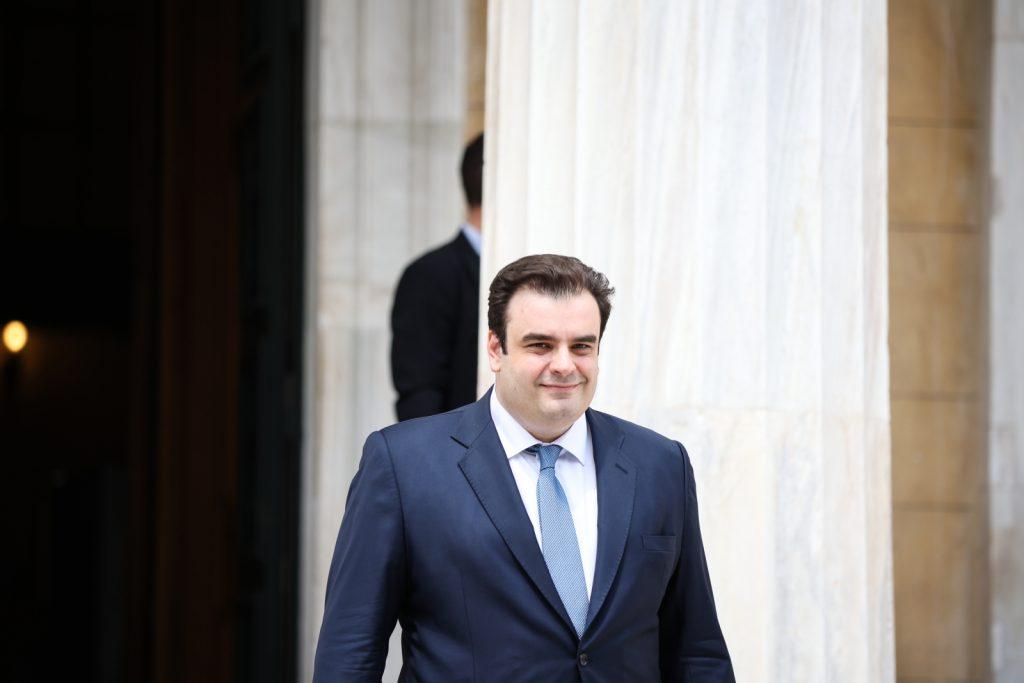

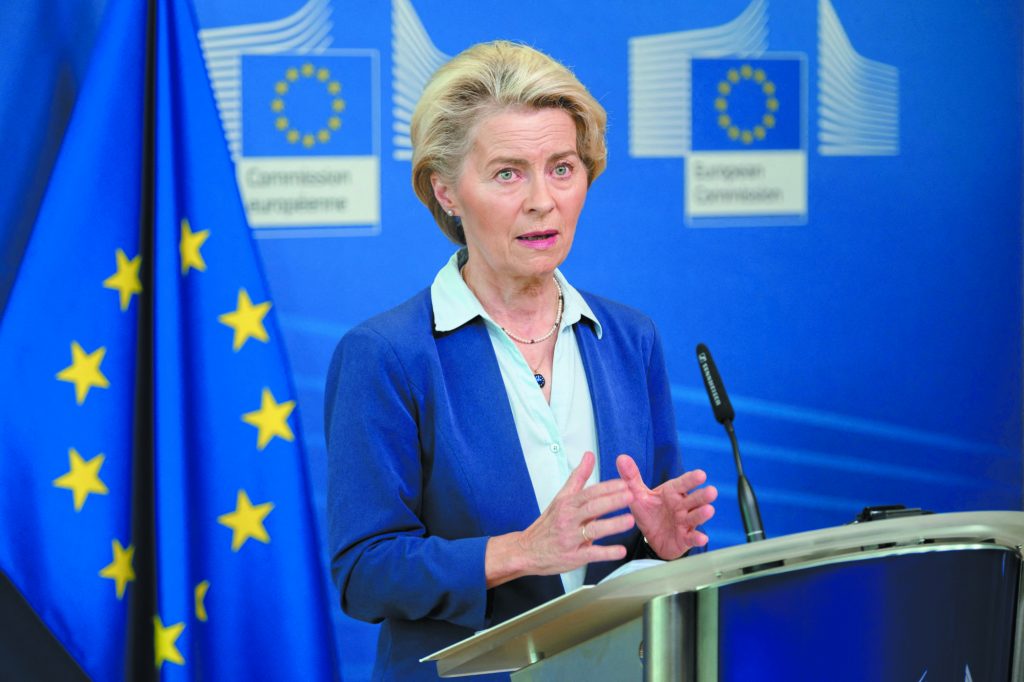
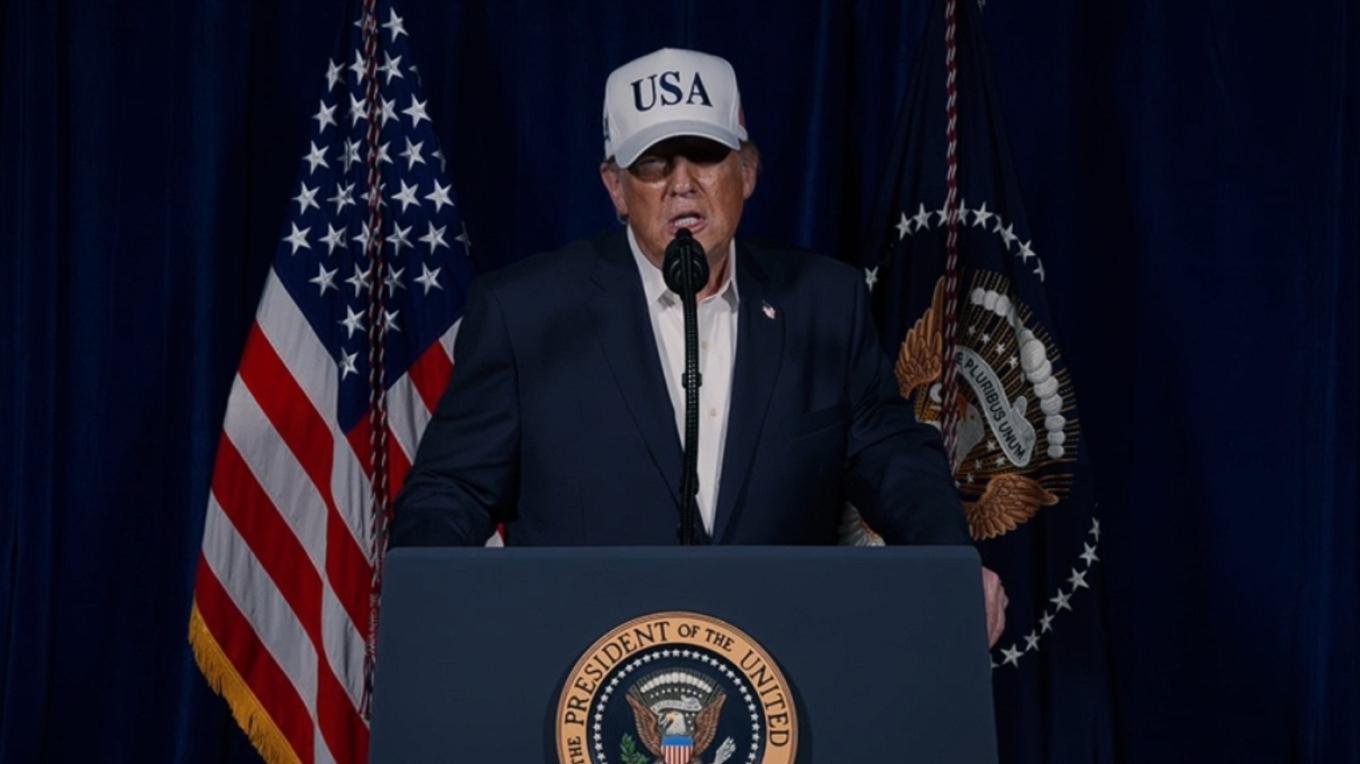







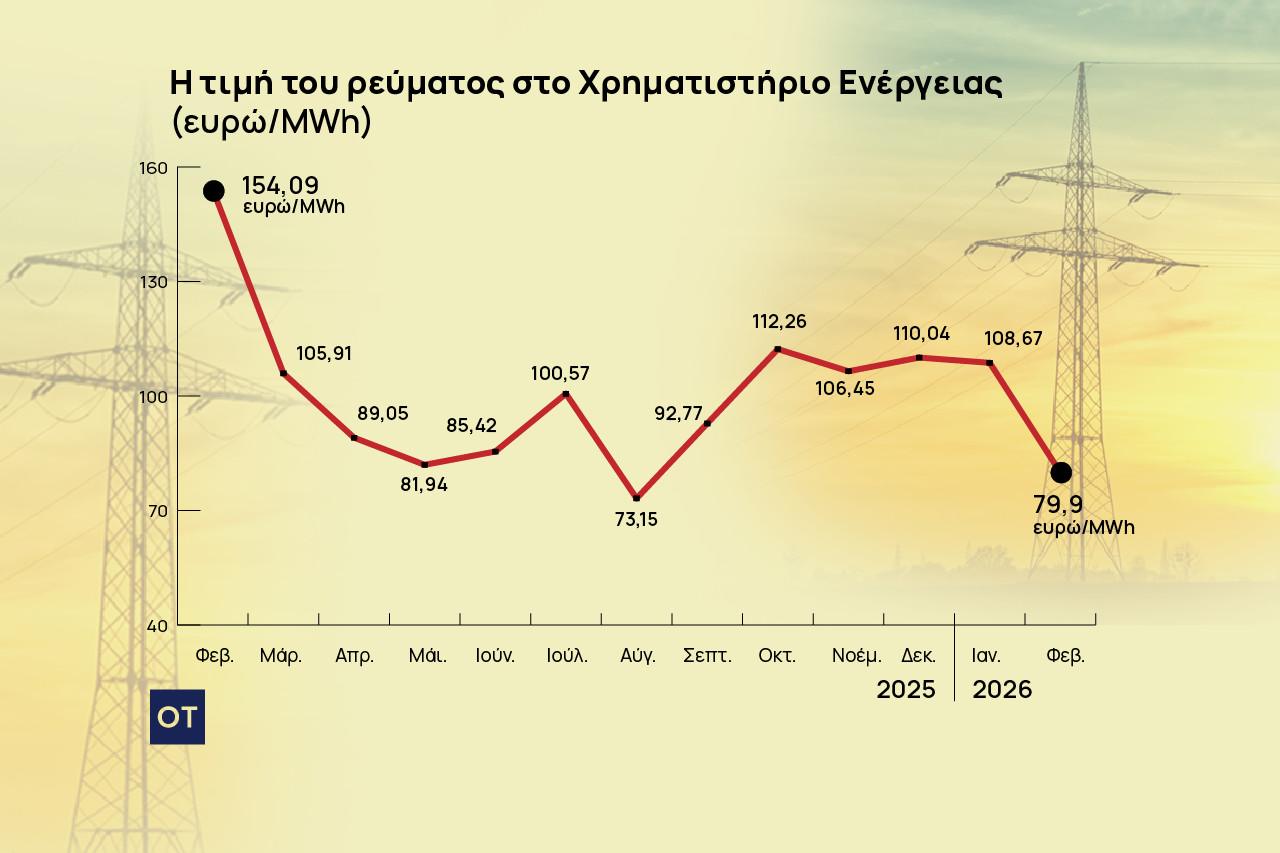





![Ακίνητα: Η έκπληξη της Θεσσαλονίκης στο real estate [πίνακες]](https://www.ot.gr/wp-content/uploads/2026/01/Thessaloniki-White-Tower-film-1024x576-1.jpg)














